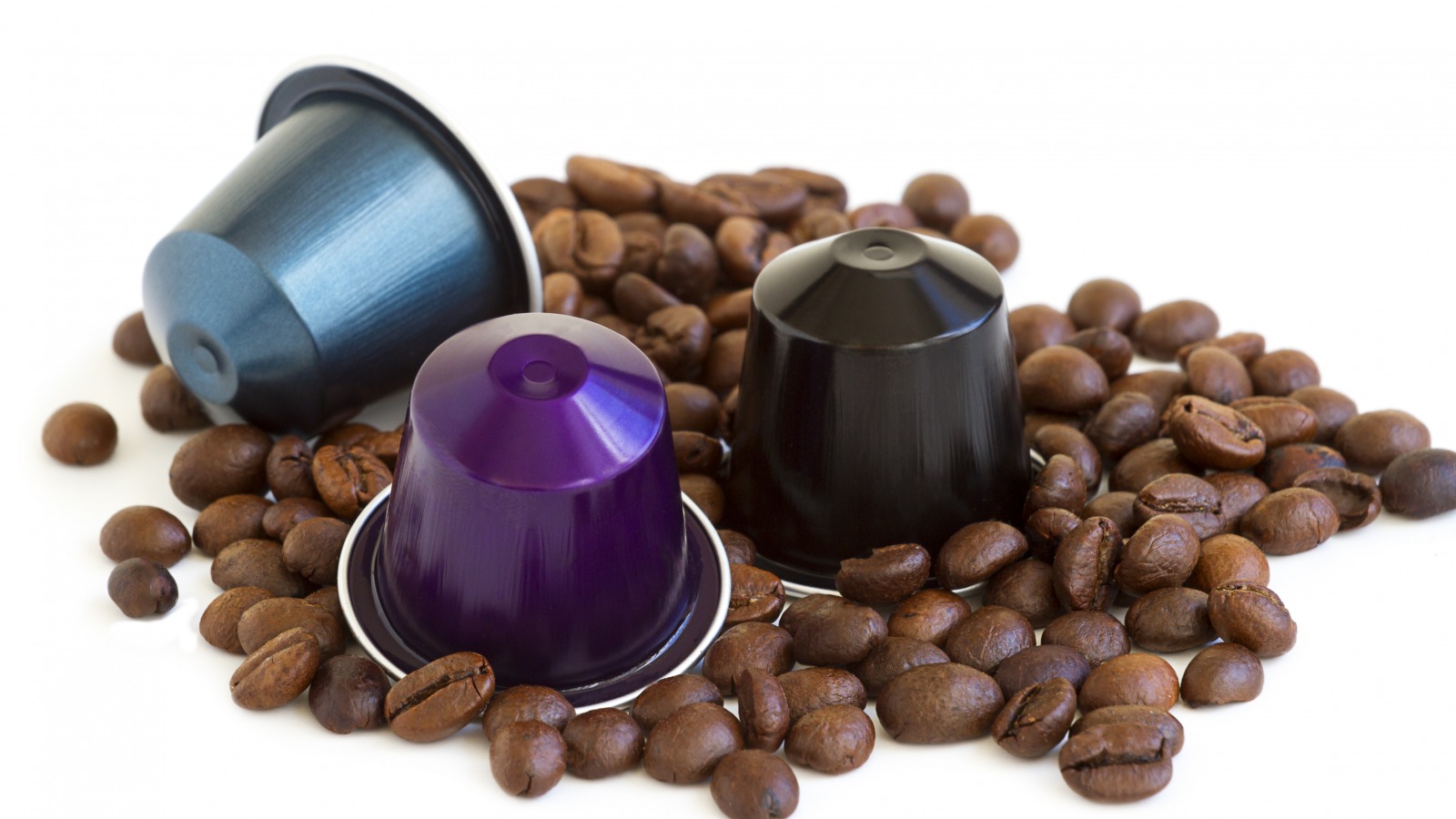What Do They Contain?
Nespresso capsules are made of recyclable aluminum because it is the best material for protecting them from air, light, and humidity. The freshness of the smells, the taste, and the purity of the coffee are all ensured in this manner.
Furthermore, because the bags do not need to be used as a wrapper later, the general usage of aluminum allows for minimal packaging.
How Much Caffeine Do They Contain?
The amount of caffeine in a cup of nespresso coffee is deduced in by the type of coffee. But there are several other factors:
· Because the latter has twice as much caffeine as the former, the type of green coffee bean (arabica or robusta) is crucial.
· Roasting intensity.
· The coffee’s origin.
Look at the following to gain a broad understanding based on the typical dimensions of the many sorts of blends available in capsules:
· The caffeine content of espresso (40 ml) is between 55 and 65 mg.
· Caffeine content varies between 77 and 89 mg in the long (110 ml) version.
· Caffeine content is less than 0.1 percent decaffeinated.
How Are They Decaffeinated?
Two distinct methods are put into effect to decaffeinate nespresso coffee:
· Caffeine can be removed using the water process.
· Carbon dioxide process: after immersing green coffee in water, carbon dioxide is used to extract caffeine.
All nespresso decaffeinated products are tested for caffeine residue and must contain less than 0.1 percent.
To confirm the success, the caffeine level of all coffee stages is tested: green, roasted, and the final, completed product.
Do They Contain Allergens?
There are no allergies or food preservatives in nespresso coffee blends, including the vertuo variants and variety.
The flavors for the variations blends come in a fine powder form (encapsulated flavors). These fragrant compounds are added to the coffee after grouping is achieved. They also don’t contain any type of pollutants.
How To Know If They Are Expired?
Nespresso Coffee Capsules are air-tight to keep light, humidity, and oxygen out. Both the manufacturing date and the expiry date are printed on the bottom of each nespresso coffee pack. It takes almost a year for the latter to be completed.
The unopened capsules, on the other hand, are perfectly safe to take after the expiration date. This fact is because the expiration date is only indicative of optimal freshness, flavor, and aroma.So, as long as the capsules remain closed, don’t worry if you still have some that you haven’t used.
Point to remember; if a capsule has a strong coffee odor, it is not securely sealed and should discard right away.
Are they organic?
Even though nespresso does not now sell organic coffee, it does sell nespresso aaa sustainable quality coffee.
Over 80% of the capsules being made incorporate materials from this initiative, which began in 2003 in response to global demand for the highest-quality infusion.
Nespresso now employs over 70,000 growers across 12 countries. Nespresso’s long-term commitment to producers and coffee communities is exemplified through this program.
Overlook
Nespresso capsules are especially outstanding, providing a smooth coffee that is enjoyed by all. The initial coffee capsules on the market were ineffective but furthermore also had the potential to damage the coffee machine.
Fortunately, times have changed, and many manufacturers now produce capsules that are compatible with the nespresso system. These capsules not only taste great, but they also work well with the nespresso machine.
They also have a wider variety of blends and mixtures and are substantially less expensive than the originals. If you’re a regular coffee drinker, buying some Nespresso Coffee Capsules is something to think about.






